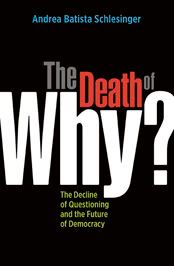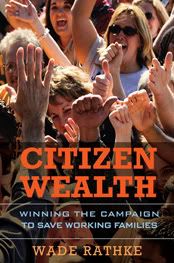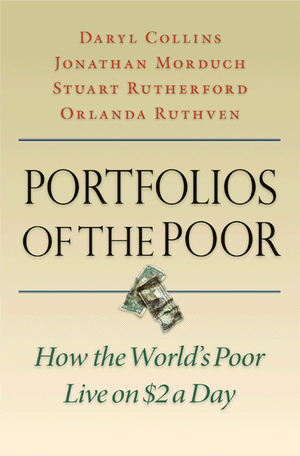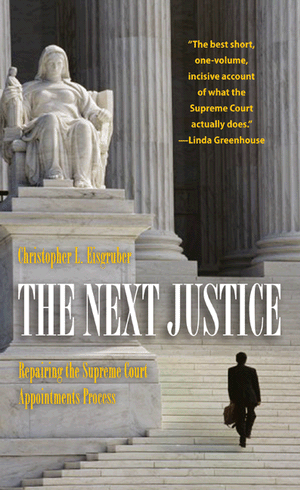
The topic below was originally posted on my blog, the Intrepid Liberal Journal.
Like millions of my fellow citizens, I am reflecting after the death of Ted Kennedy. Death is an egocentric experience for the survivors. Indeed, rituals such as funerals, wakes or in the Jewish religion “sitting Shiva,” is really about nurturing the souls of those left behind. That is also true when it is a public figure or celebrity that has died. We may never have met them or knew them yet they touched us nonetheless. The Kennedy family understands this better than anyone and is well practiced in rituals that not only honor the dead but comfort the living.








